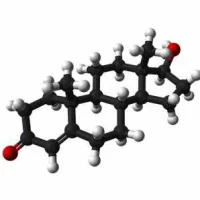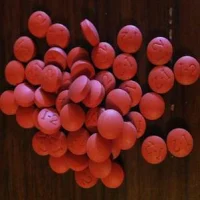According to a study conducted at Sahigrenska Academy, people with Type 1 Diabetes who use insulin pump therapy have a 50 percent less risk of dying from cardiovascular disease as compared to those who take insulin through daily injections. The study is published in The British Medical Journal.
The study researchers monitored 18,168 Swedes with type 1 diabetes from 2005 to 2012. 2,441 of the subjects used insulin pump therapy while the remaining were on multiple daily injections. The findings showed that those who used insulin pump had a lower risk of dying from CVD as compared to those on the daily injections.
"We carefully analysed the findings to eliminate the risk of bias or confounding and concluded that the effect had been fully verified," says Isabelle Steineck, researcher at Sahlgrenska Academy.
Dr. Steineck explains that the primary reason for this difference is that the insulin pump is accompanied by more extensive patient training and more frequent blood glucose monitoring. That is why pump treatment provides more stable glucose concentrations. In addition, insulin pump can reduce the frequency of severe hypoglycaemic episodes that are a risk factor for cardiovascular events.
The findings thus lead the researchers to conclude that insulin pumps make life easier for patients with Type 1 diabetes and are also a safe and effective treatment method. However, everybody may not be comfortable using a pump and the first priority will always remain the optimisation of blood glucose monitorning.
Source: University of Gothenburg
Image Credit: University of Gothenburg










